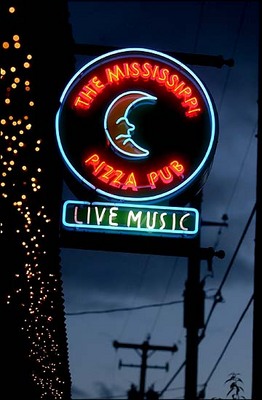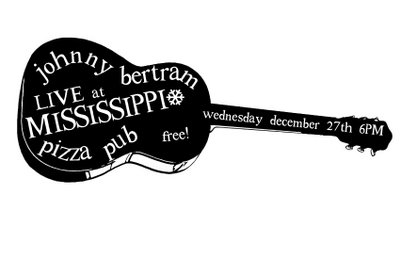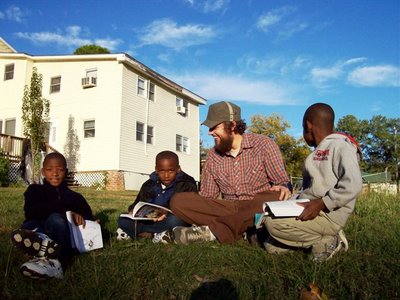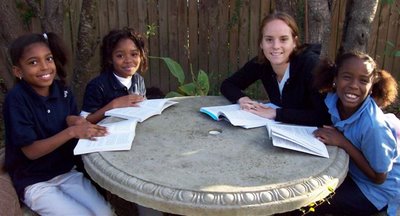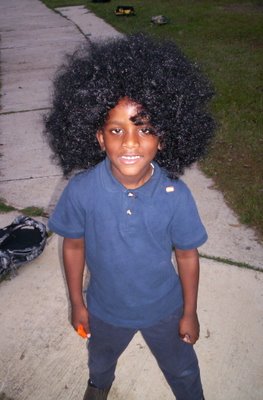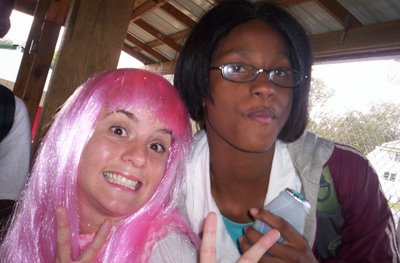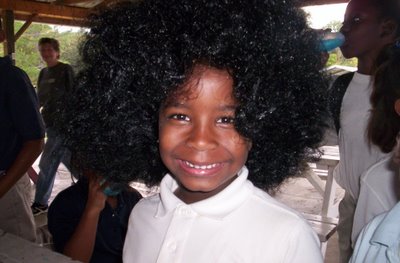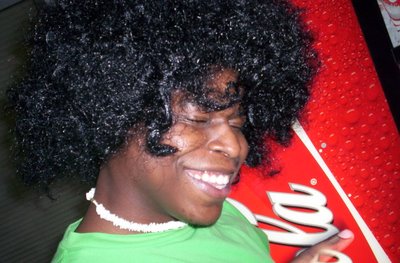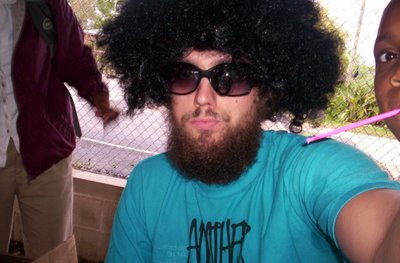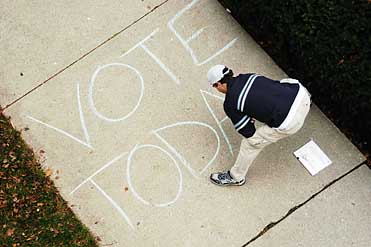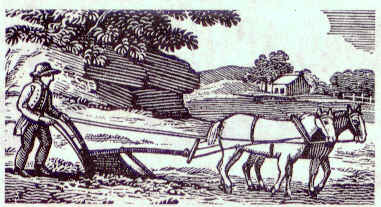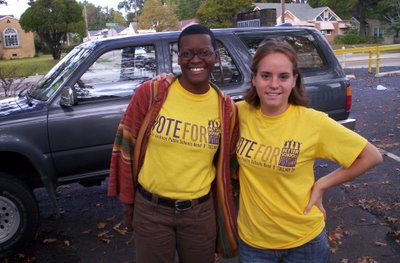
Tuesday November 11th, was an exciting day in Jackson, Mississippi. The day before election day I was invited to a training to be a poll campaigner for the Jackson Public School Bond Issue. The public schools are in such disrepair, not to mention the poor internal infrastructure. Year after year bonds come and go, never receiving the support necessary to be passed. This year it was proposed to give $150,000,000 to the struggling school district, who by the way is made up of 98% African American children. I didn't know what to expect- taking into account the segregation of Jackson and its unjust past.
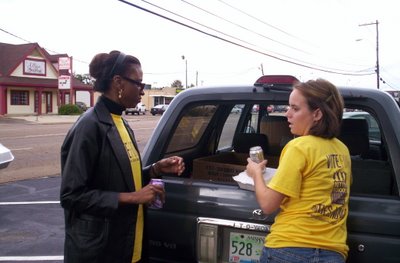
My friend Cassandra and I were assigned to take breakfast, snacks, and lunch to those campaigning for the bond outside of polls all across Jackson. This was my very first experience voting at a poll, as Oregonians have the option to skip all human contact and vote by mail:) What I saw during our long day amazed me. For the first time I witnessed a generation of local citizens out in political force. And this force wasn't made up of the privileged white population with a narrow agenda, they were my neighbors. I often have wondered where the people are from the civil rights movement, just as I wonder what happened to all of those anti-materialism/anti-violence hippies. But on election day Jackson was alive. People were on street corners, at schools, restaurants and churches, utilizing the right they and others fought so hard to achieve. Hundreds of folks volunteered their time and energy for 12 hours strait to encourage their fellow community members to support the children. In months passed I had considered how to get the community to vote; door-to-door registration? Fliers? But what I quickly learned driving around with Cassandra, is that this part of the deep south bled and died for their right to vote. And some idealistic white girl from the North can't touch the empowerment that still exists within native Mississippians today.
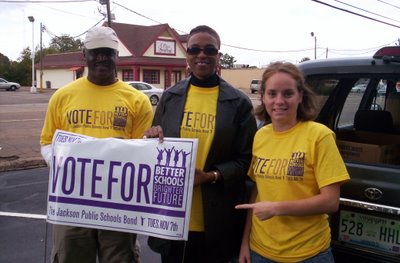
The fact that the bond passed with flying colors (80% in favor), gives me hope that slowly but surely our city is changing.
Emily
